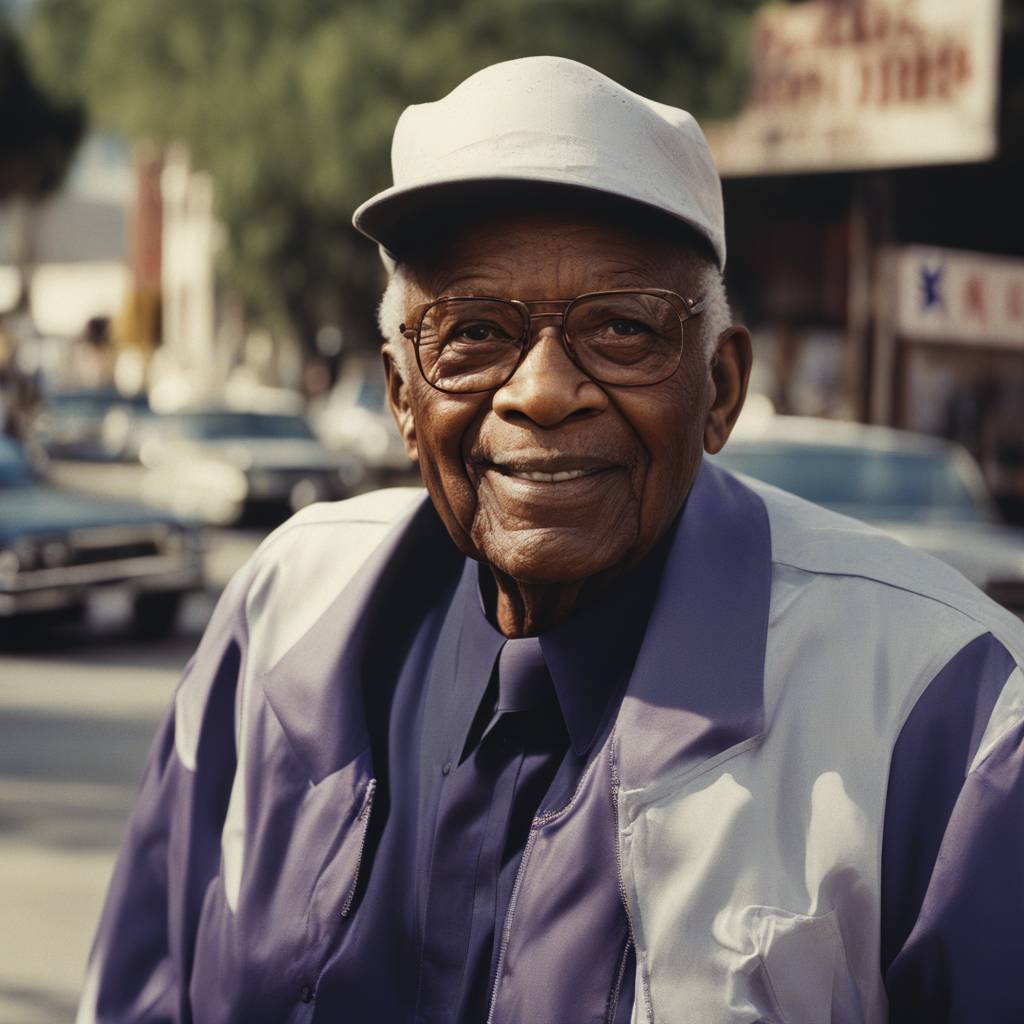The Rev. Cecil Murray, a prominent minister in Los Angeles, passed away at the age of 94. He revitalized the struggling First African Methodist Episcopal Church when he arrived in 1977, bringing in new worshipers and retiring the church’s debt. Under his leadership, attendance grew to about 7,000, making it one of the largest congregations in the country. Murray was a highly respected religious leader in the city, and his efforts extended beyond the church walls to combat issues facing the Black community in South Central Los Angeles, including gang violence and substance abuse.
Murray’s significant impact on the community was evident during the 1992 riots following the acquittal of four white Los Angeles police officers charged with beating Black motorist Rodney King. He displayed leadership by setting up loudspeakers so that neighbors could stay informed, and later opened the church to the Red Cross and over 100 people who were left homeless by the fires. He went on to raise over $1.5 million for rebuilding efforts, but he recognized that there was more work to be done to address the underlying issues contributing to the unrest.
Born in Florida, Murray’s early experiences shaped his commitment to social justice and community service. After serving in the Air Force, he pursued a career in ministry, earning a doctorate and leading several congregations before arriving at First African Methodist Episcopal. His work extended far beyond the church, as he established outreach programs and initiatives to support low-income housing, scholarships, and home-loan programs. Murray’s father’s experiences with racism and addiction influenced his approach to ministry, emphasizing the importance of addressing systemic issues and supporting those in need.
In the aftermath of the riots, Murray continued to expand his outreach efforts, opening the FAME Renaissance Center in 2001 as a hub for social services in the community. The center oversaw numerous community projects totaling $400 million, further solidifying Murray’s commitment to addressing the needs of the community. After retiring from the pulpit in 2004, he became a professor at the University of Southern California, focusing on training ministers and church officials in social engagement. Murray believed that the church’s role went beyond spiritual salvation to actively addressing the needs of the community, a philosophy he promoted throughout his career.
Murray’s legacy as a dedicated minister and community leader lives on through his impact on the church and the greater Los Angeles community. His tireless efforts to combat social issues, support those in need, and advocate for justice have left a lasting imprint on the city and the lives of many individuals. Murray’s commitment to social justice and community service serves as an enduring example of the transformative power of faith and the importance of addressing systemic issues to create positive change. His legacy continues to inspire future generations to work towards a more just and equitable society.


